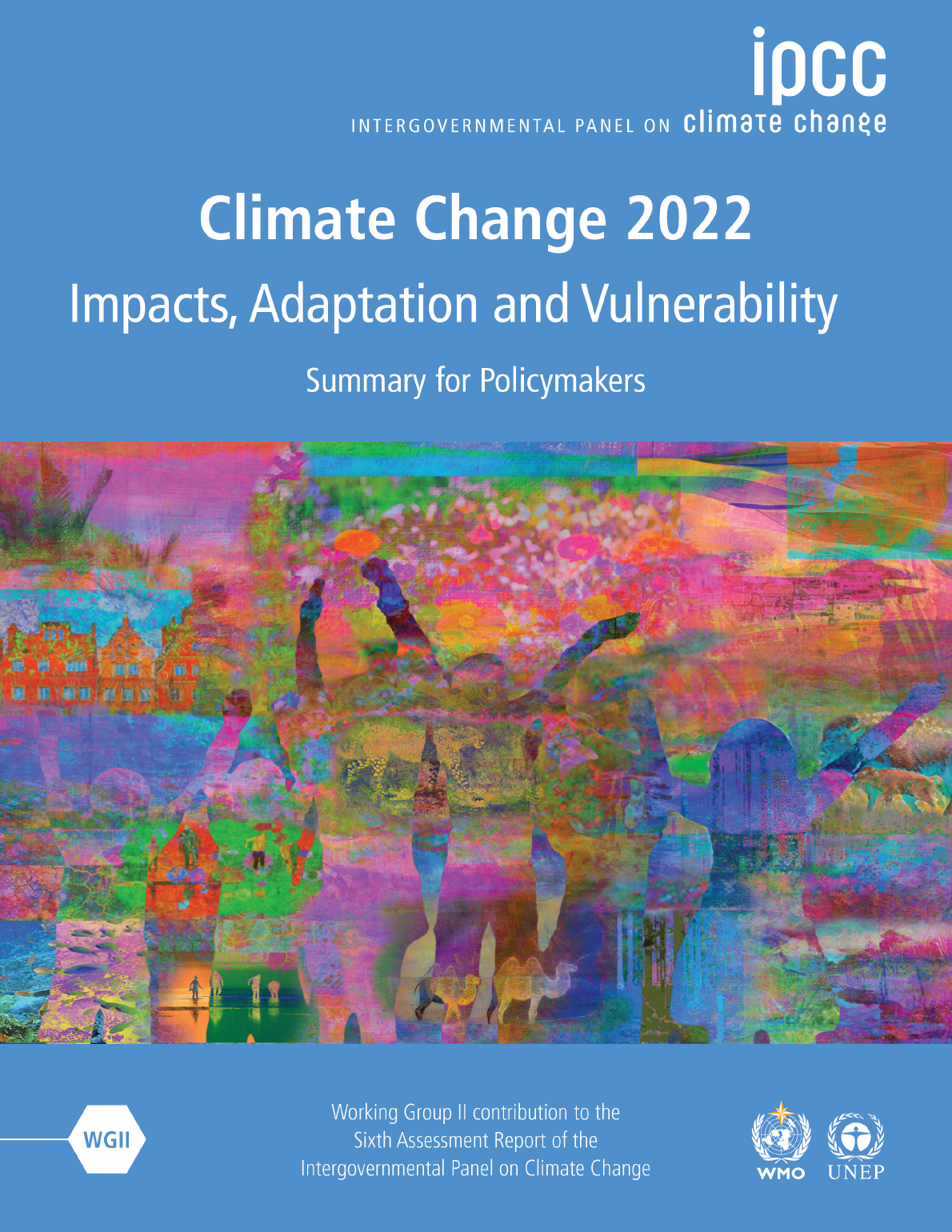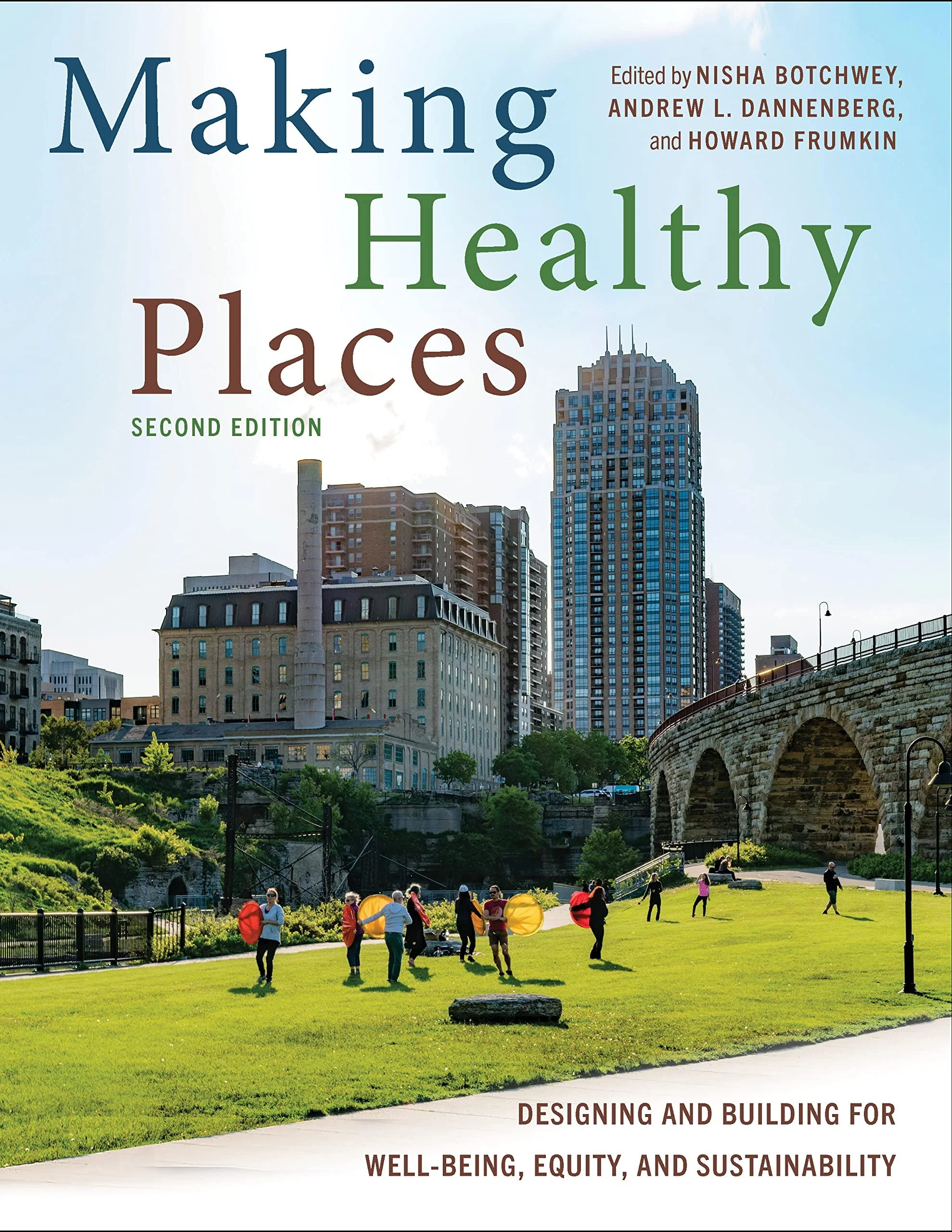Climate Change
Climate change is any long-term shift in the mean and variability of weather variables. We are now experiencing climate change at a rate that is likely unprecedented over hundreds of thousands of years, and there is no doubt this is attributable to human activities. Anthropogenic climate change will have dramatic impacts on all aspects of human lives, and potentially devastating consequences for health. Among many other effects, it will expose millions more to risks of heat waves and flooding, while challenging global agriculture, built infrastructure, and sociocultural paradigms that were developed in a more stable, forgiving environment.
The science community is remarkably united in warning that we have a small window to avert the worst consequences of climate change. To do so will require an unprecedented, unified effort on the part of the world’s nations, institutions, and individuals—the 2015 Paris Climate Agreement is a first step in this direction. The climate clock above illustrates the critical urgency of climate action, which broadly requires mitigating climate change by limiting emissions of greenhouse gases and adapting to climate change by preparing institutions, infrastructure, and services to operate under the conditions they are likely to face in future. As often put: we must avoid what we can’t adapt to and adapt to what we can’t avoid.
Selected Readings
The Intergovernmental Panel on Climate Change (IPCC) is the United Nations body tasked with consolidating and assessing the science related to climate change—it is currently in the midst of its 6th assessment cycle. The 6th Assessment Report (AR6) will include three Working Group (WG) reports and a summary, alongside several special reports. The WGI report summarizes the most up-to-date physical science understanding of the climate system and climate change, the WGII report focuses on impacts, adaptation, and vulnerability, and the WGIII report covers mitigation—the AR6 summary report is forthcoming. The IPCC Special Report on Global Warming of 1.5°C lays out the drastic consequences, including for health and equity, of exceeding 1.5 degrees Celsius of warming over preindustrial averages, making a compelling case for striving for this more difficult standard—the Paris agreement specifies keeping warming below 2°C. Cities bear the most serious risks from climate change; in 2015, I wrote with colleagues about the need to apply systems approaches in mitigation, management, and response to extreme events. I returned to this intersection in co-writing a chapter on Climate Change, Cities, and Health with Katy Indvik for the second edition of Making Healthy Places.
Selected Readings
IPCC AR6 WGI: Climate Change 2021: the Physical Science Basis
IPCC AR6 WGII: Climate Change 2022: Impacts, Adaptation, and Vulnerability
IPCC AR6 WGIII: Climate Change 2022: Mitigation of Climate Change
IPCC SR1.5: Global Warming of 1.5°C
Urbanization, extreme events, and health: the case for systems approaches in mitigation, management, and response
Making Healthy Places, Second Edition






